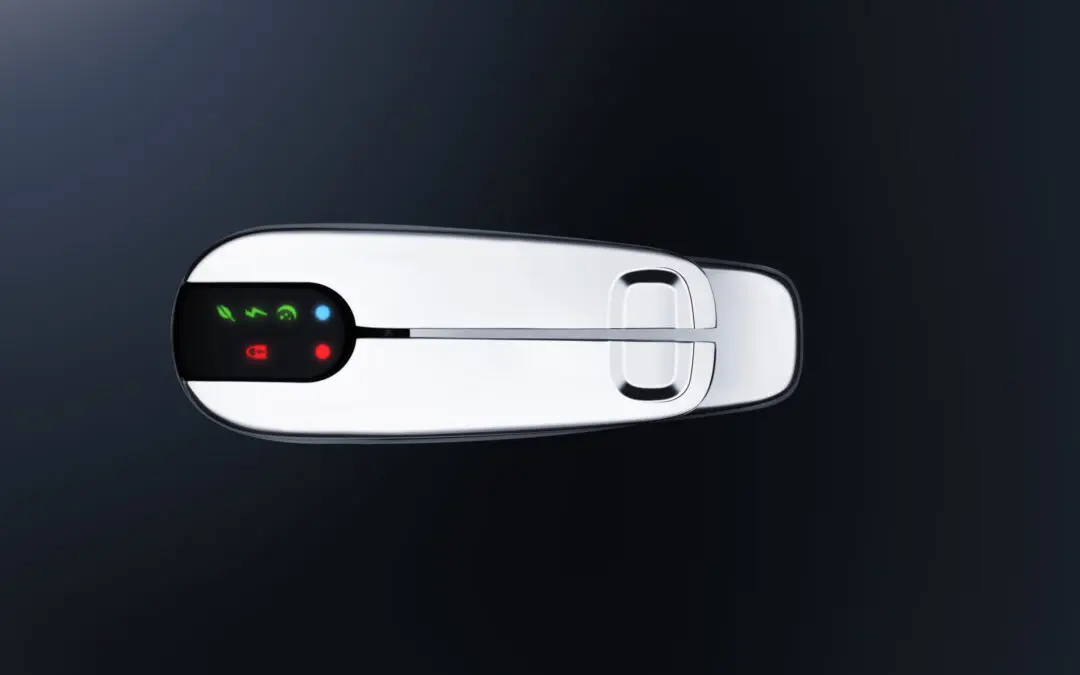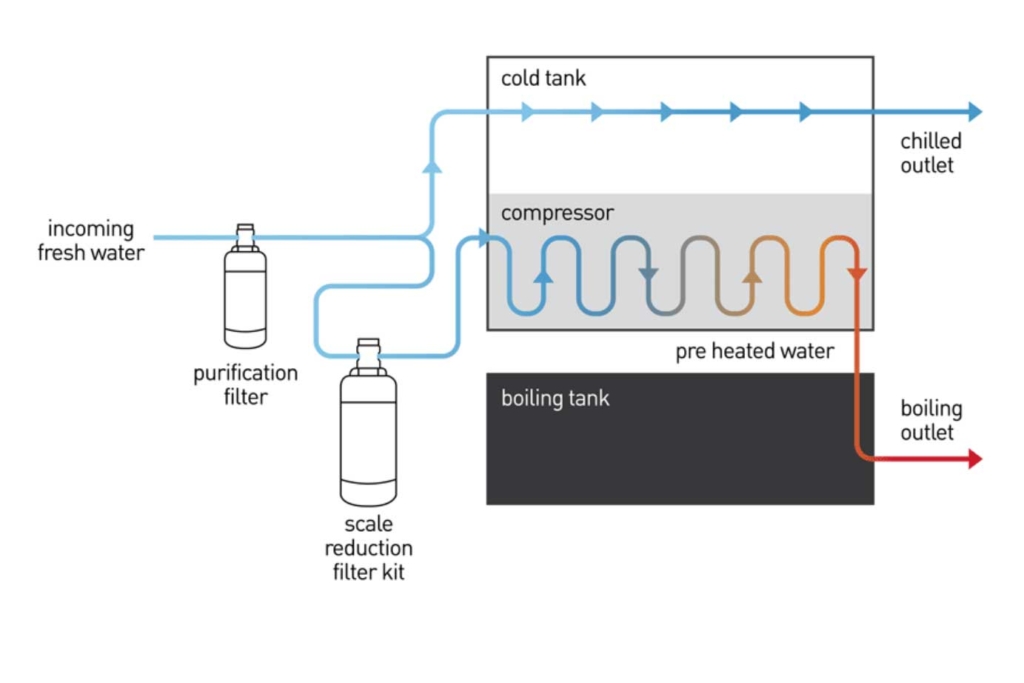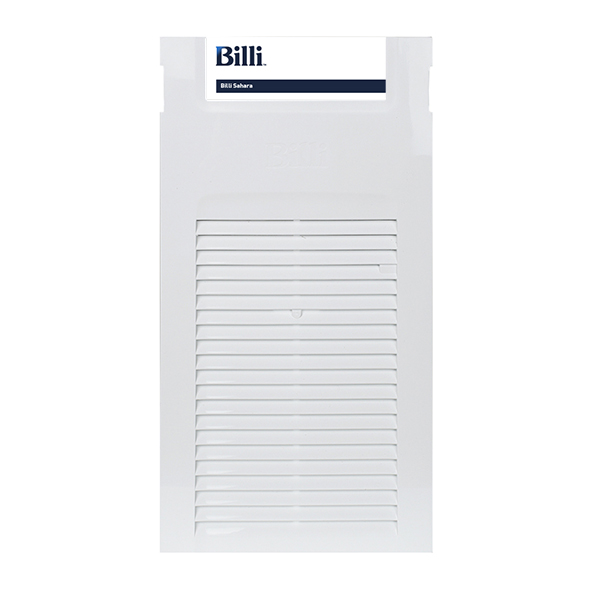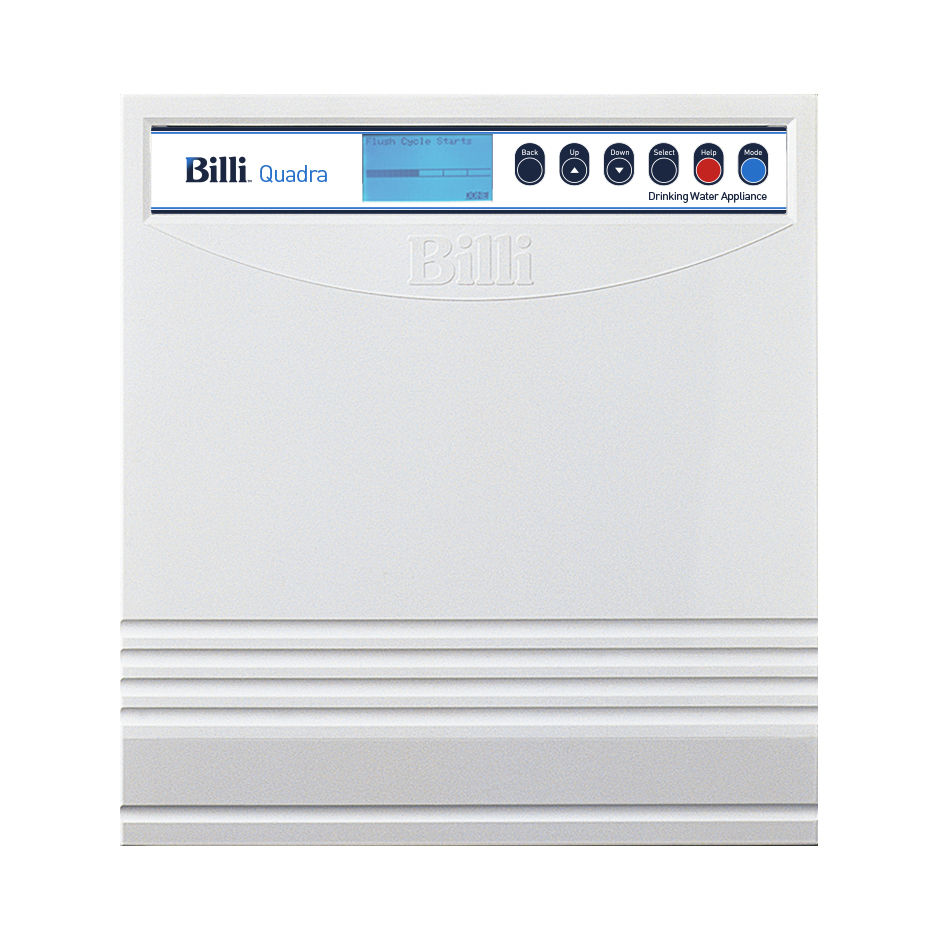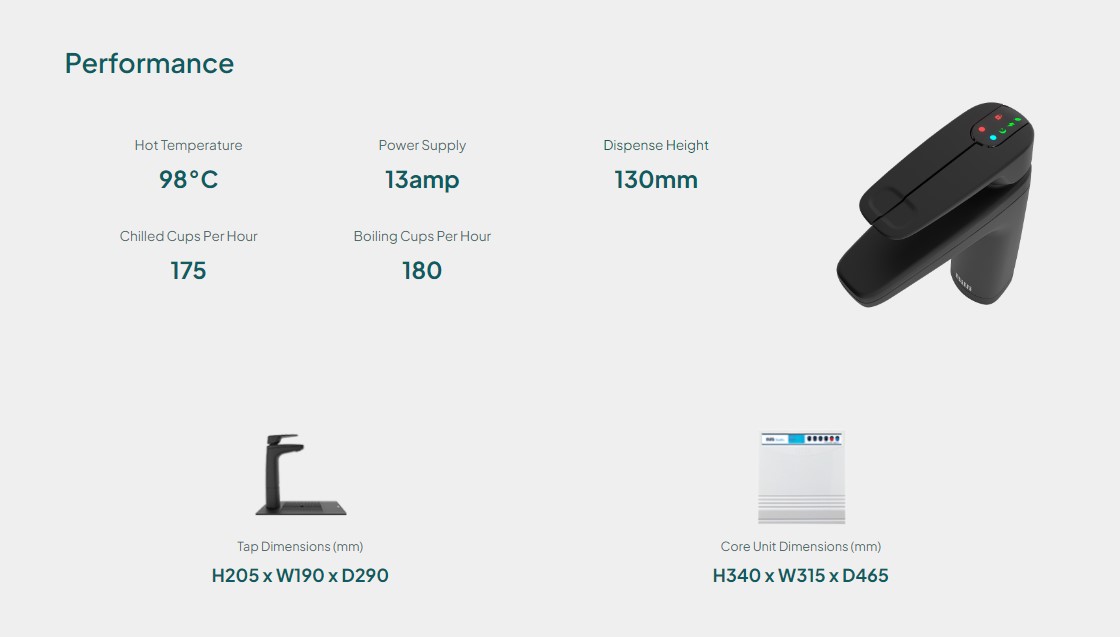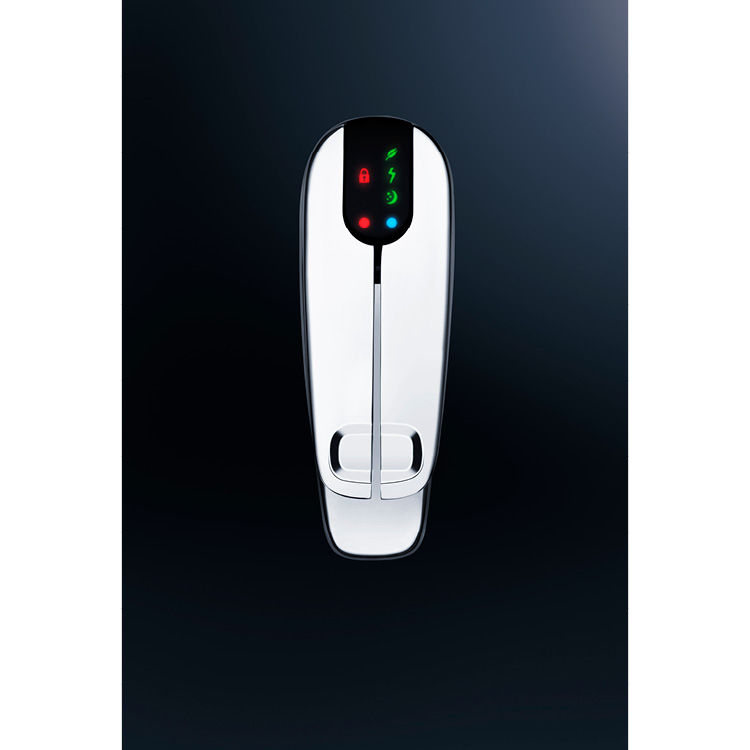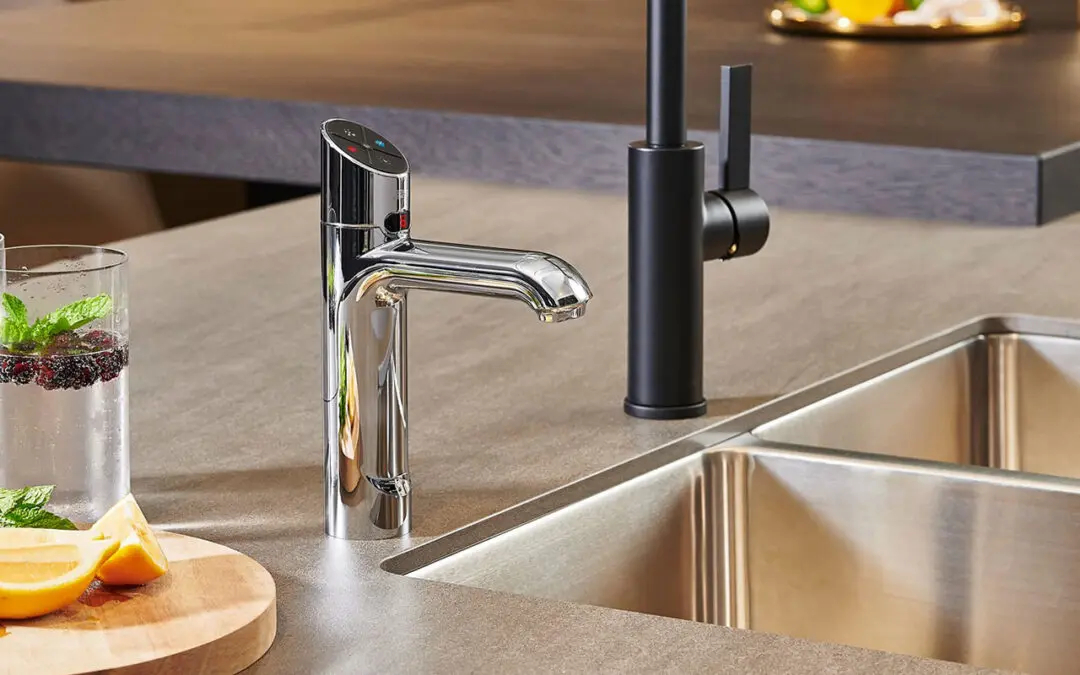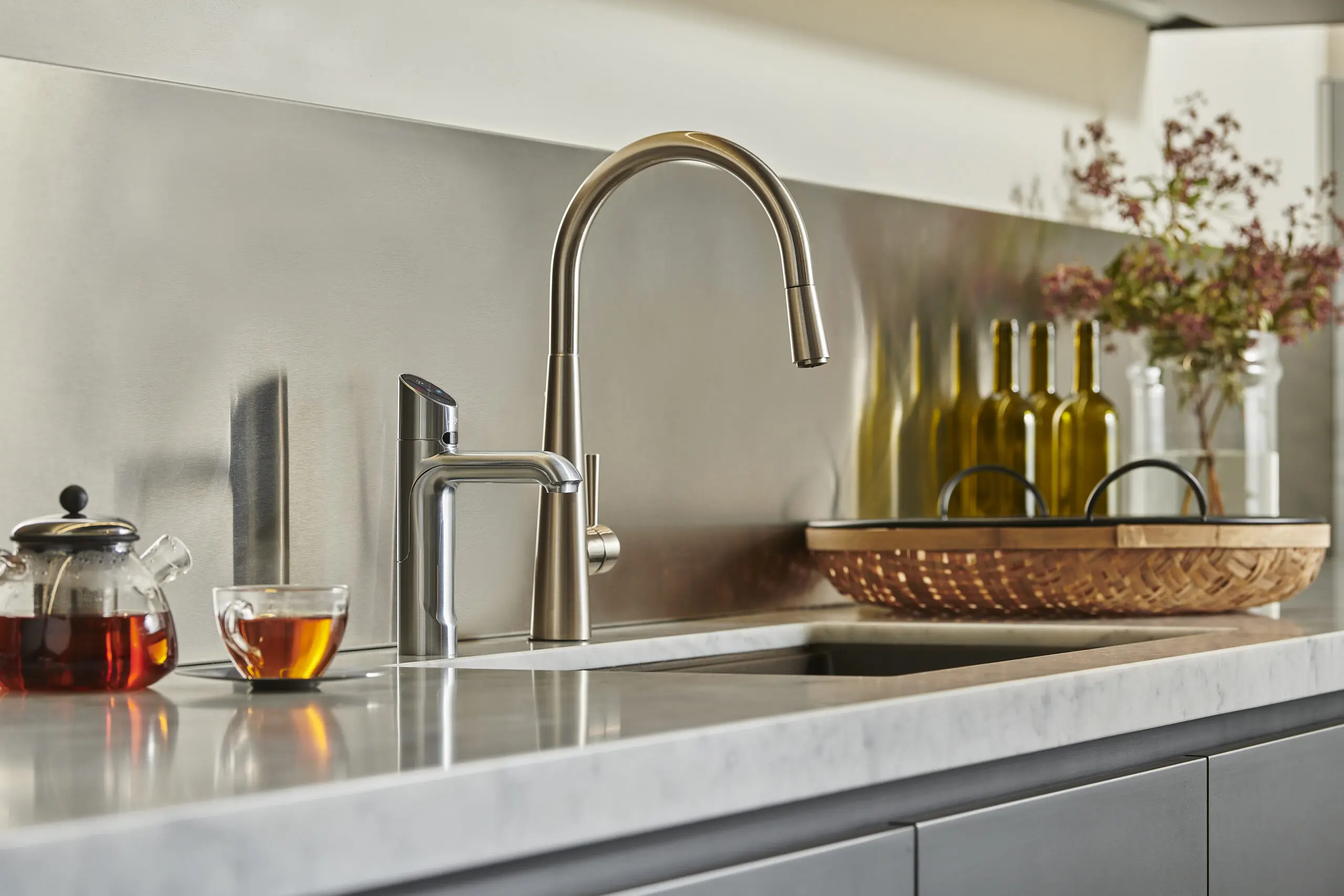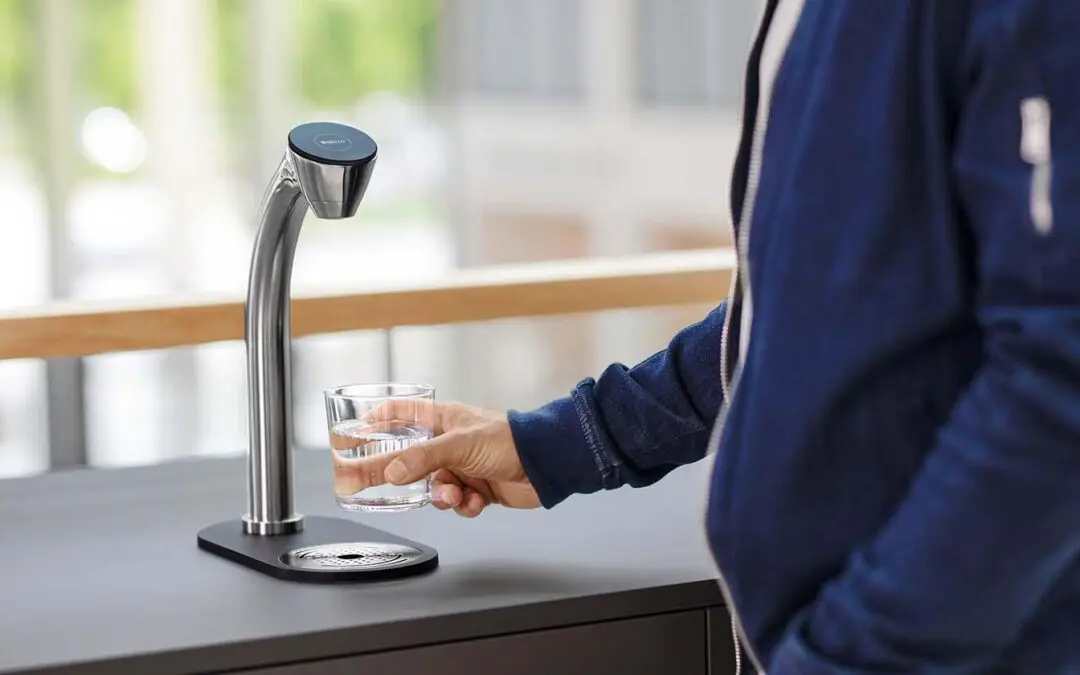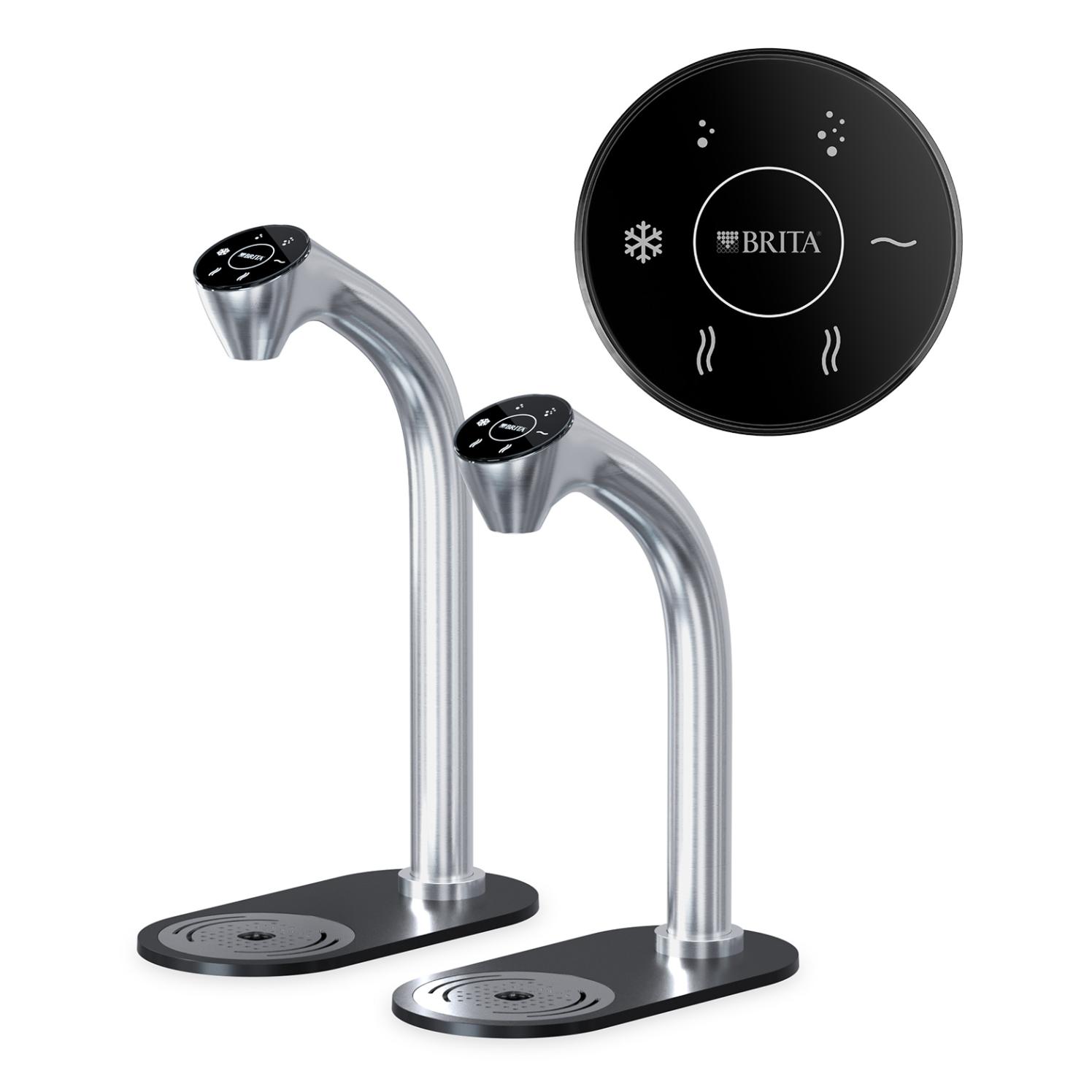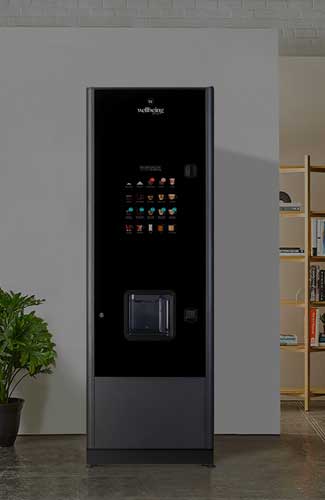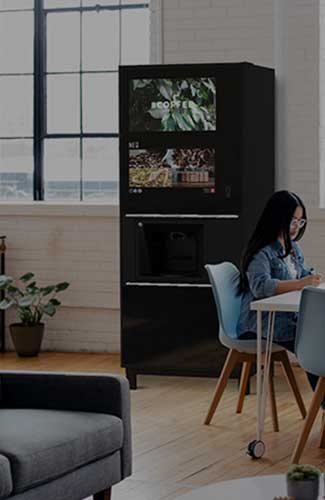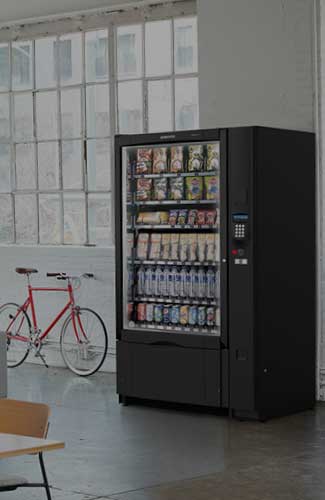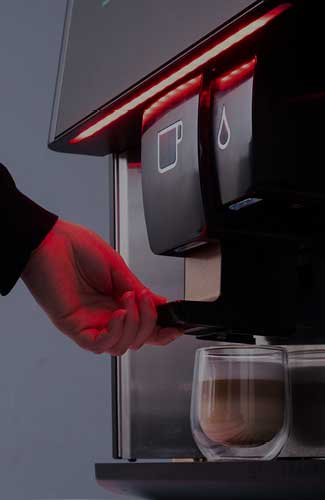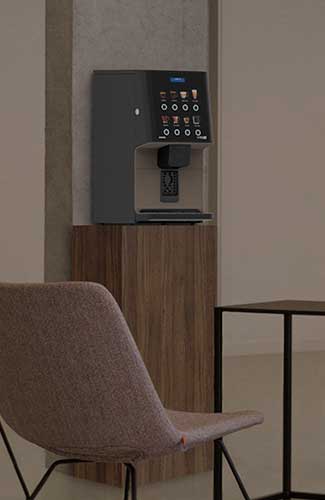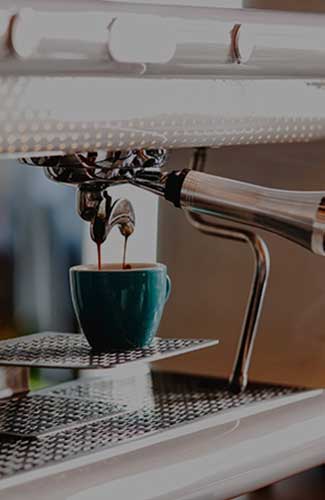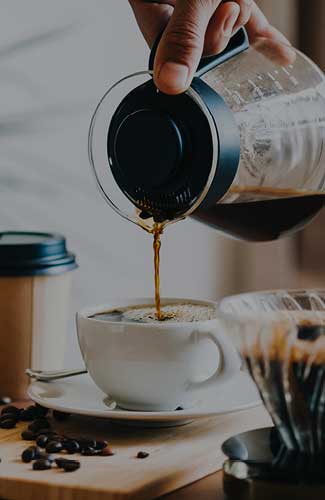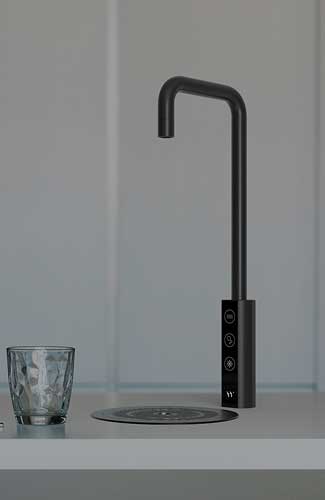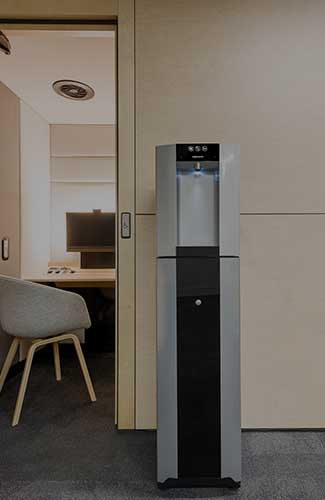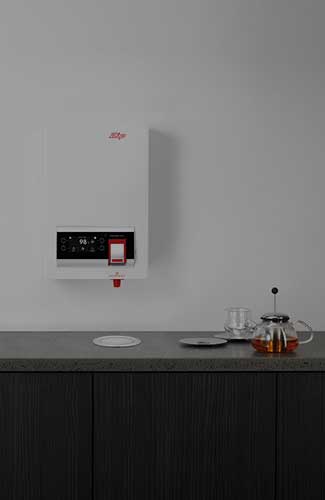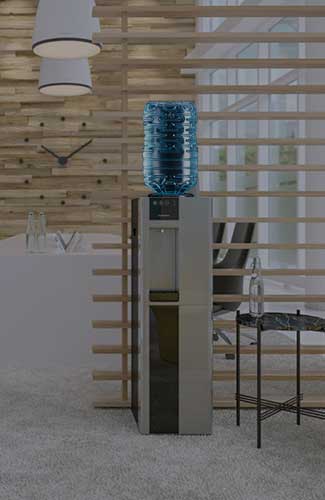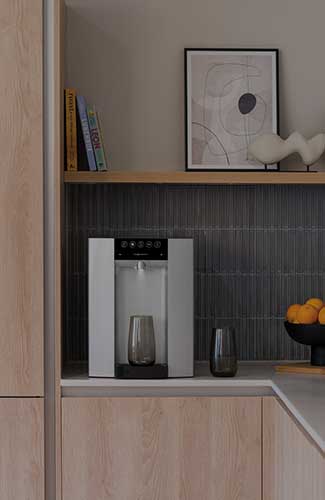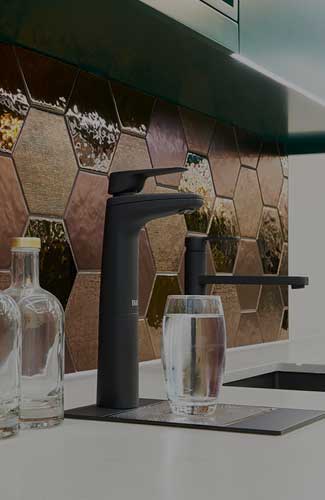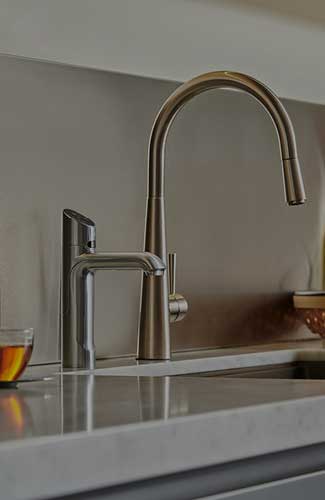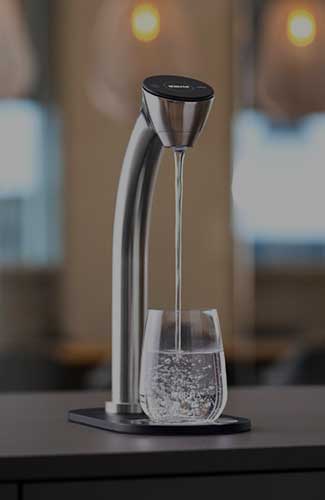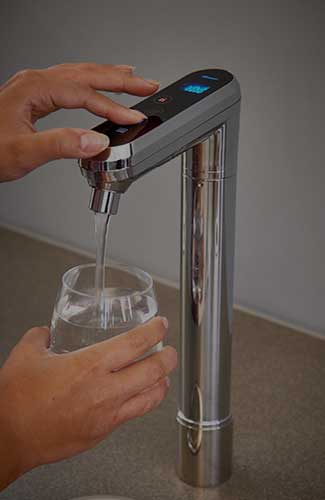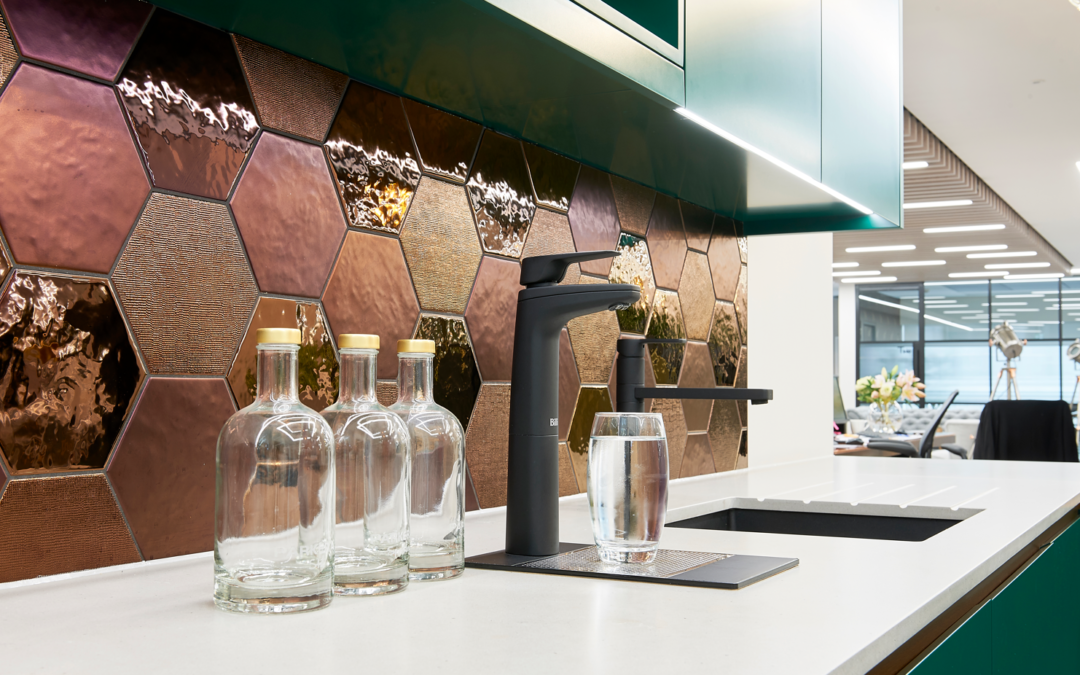
Billi Tap Maintenance Plan
Boiling Water Taps
Water Dispensers
Coffee Machines
Vending Machines
Coffee & Consumables
Service & Maintenance
Billi Tap Service &
Maintenance Plans
Official partner for Billi Tap systems, fully trained and approved contractor for the supply, installation and service of all Billi Tap products, including Billi Tap filters & spare parts.

Approved Billi Tap UK Service Provider
As an offical service provider for Billi Taps UK, we are a fully trained and approved contractor for the supply, installation and service of all Billi Tap systems. From the taps and undercounter systems themselves, to water filters, parts and accessories. Our unrivalled support and aftercare sets us apart in the UK as service provider for Billi UK, fully trained Billi Tap engineers nationwide for rapid response and installations.
This also means we can service and repair any Billi tap system whether you are an existing Wellbeing Group customer or not. You could have bought your Billi Tap from anyone but we will still happily resolve your issue for you, our service standards are industry leading and we promise a bespoke solutions to your issues.
Billi Tap Service & Maintenance Plans
Wellbeing Group are a Platinum Partner for Billi Tap systems. This means we’re a fully trained and approved contractor for the supply, installation and service of all Billi Tap products.
This also means we can service and repair any Billi tap system whether you are an existing Wellbeing Group customer or not. You could have bought your Billi Tap from anyone but we will still happily resolve your issue for you, our service standards are industry leading and we promise a rapid response to your issues.
There are two options – You can pay for a call-out each time for us service your Billi Tap and any additional labour or parts required to repair the system. Alternatively you can sign up to our annual service plans which are designed to save you time and money and provide peace of mind for ongoing bi-annual servicing of your Billi Tap including filter changes. You can see what’s included in each of our plans below.
Six Benefits of a Billi Tap Maintenance Plan:
-
Proactive preventative maintenance helps to avoid break downs
-
Dedicated scale management plan based on your local conditions to maximise energy & unit efficiency
-
Filters are changed on time which ensures a consistent taste and reduces the risk of lime scale build up
-
Easier to budget for, as all costs can be worked out at the start of the year
-
Priority service as your unit can be logged onto our service system ahead of time
-
Save money on standard Pay as You Go service rates and ad hoc visits.
-
One phone number and a dedicated service email which you can log any service requests
Service & Maintenance Plans
Our service & maintenance plans are deisgned to save you money and time, allowing you to focus on the day job. We even monitor and contact you when your machines require a service, working around the most convient times and dates for your business.
High-quality, rapid personal service with a smile …and Free Biscuits!
Six Monthly Preventative Maintenance Visits (to include full Service and Sanitisation to Industry Standards)
Comprehensive Scale Management Plan (Includes Six Monthly Scale Removal filter replacement)
High-quality, rapid personal service with a smile …and Free Biscuits!
Six Monthly Preventative Maintenance Visits (to include full Service and Sanitisation to Industry Standards)
Comprehensive Scale Management Plan (Includes Six Monthly Scale Removal filter replacement)
Priority Emergency Breakdown Cover – Including all site visits and labour as required (96% of breakdowns are resolved by end of the next working day)
High-quality, rapid personal service with a smile …and Free Biscuits!
Six Monthly Preventative Maintenance Visits (to include full Service and Sanitisation to Industry Standards)
Comprehensive Scale Management Plan (Includes Six Monthly Scale Removal filter replacement)
Priority Emergency Breakdown Cover – Including all site visits and labour as required (96% of breakdowns are resolved by end of the next working day)
Replacement Parts Cover (Including associated labour costs)
Book a maintenance visit:
Our Billi service technicians are qualified water system experts, trained to professionally service and maintain all Billi products and other brands throughout the UK.
Booking a Billi service call is easy – simply email sales@thewellbeinggroup.co.uk with the details below, and we will do the rest for you:
- Product Type:
- Model (if known):
- Serial Number:
- Details of the fault:
- Company Name:
- Location of the equipment:
- Contact Name:
- Contact Number:
If you would prefer to discuss your Billi tap service request over the phone, please call our friendly team on 01905 337187 where will be more than happy to give you our best advice and quotation.

